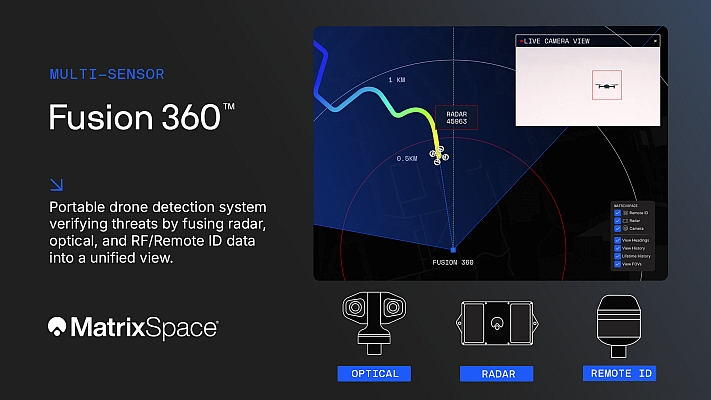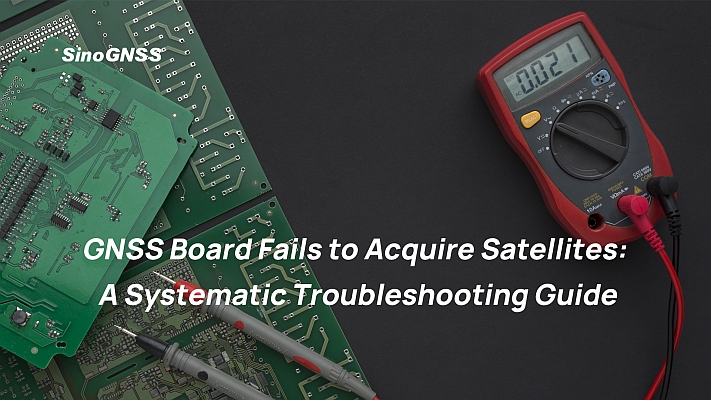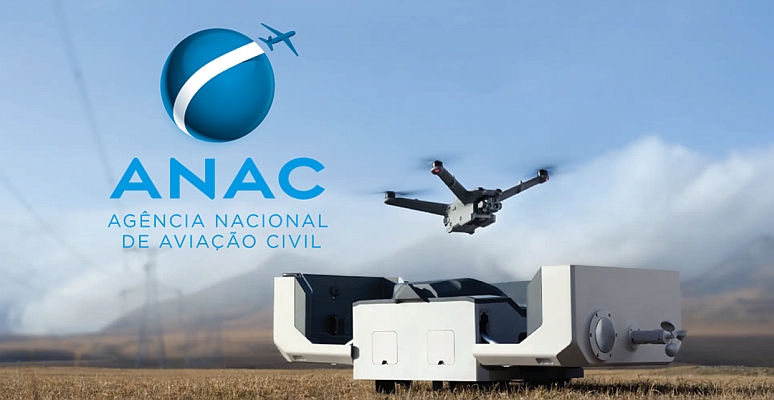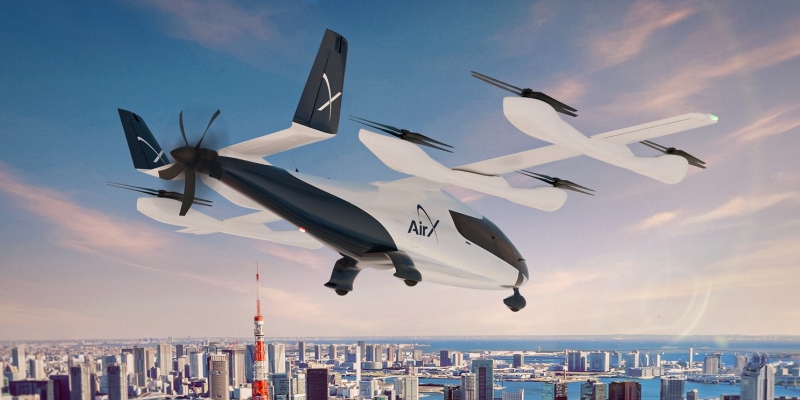
The paper “The Accuracy Potential of Galileo E5/E1 Pseudoranges for Surveying and Mapping”, submitted and presented by ENCORE Project at the ION GNSS 2011, was considered one of the best presentations of the conference, which took place at the Oregon Convention Center, in Portland, USA, from the 19st to the 23th September.
The Institute of Navigation (ION) is the world’s premier non-profit professional society dedicated to the advancement of the art and science of positioning, navigation and timing. The Institute annually sponsors ION GNSS Meeting, in September.
ENCORE Project received the Best Paper award of the “Geodesy and Surveying” Session, co-chaired by Dr. Andria Bilich, from NOAA/NGS, EUA, and Dr. Aaron Kerkhoff, from University of Texas at Austin, EUA. The ION GNSS is one of the world’s major annual conferences of the satellite navigation area. The main criterion for the selection of the best presentation award is the technical content and innovation of the work presented.
The paper “The Accuracy Potential of Galileo E5/E1 Pseudoranges for Surveying and Mapping” describes the potential of the new GPS and Galileo signals for pseudorange based surveying and mapping in open areas under optimal reception conditions (open sky scenarios) and suboptimal ones (multipath created by moderate to thick tree coverage). More specifically, the paper reviews the main features of the Galileo E5 AltBOC and E1 MBOC signals; describes the simulation strategy, models and algorithms to generate realistic E5 and E1 pseudoranges with and without multipath sources; describes the ionosphere modeling strategy, models and algorithms so that the noise of the E1 measurements do not contaminate the E5 ones (as it would be the case for the usual dual frequency ionospheric-free combination); and discusses and presents the expected positioning accuracy and precision results. The paper also discusses the benefits of a combined GPS L1/L5 and Galileo E1/E5 pseudorange receiver and integrated data processing strategy.
ENCORE
The ENCORE team also presented the paper “ENCORE: Enhanced Galileo Code Receiver for Surveying Applications”, in the Session C6 – Receiver & Antenna Technology 2. The paper describes the development of a low-cost high-accuracy Galileo code-only receiver, which has been implemented on a dedicated FPGA board and dual frequency Galileo E5/L1 front-end, as well as the application software and positioning algorithms required to operate the receiver. Different strategies for AltBOC and MBOC signal processing and implementation are described. The applicability of such new signals and its benefits for surveying are also analysed. Results of the expected positioning performances based on the application presented in this paper are thoroughly provided.
The ENCORE project is being performed in the frame of the 7th Framework Programme under European GNSS Supervisory Authority (GSA) co-funding, where DEIMOS Engenharia is leading the European-Brazilian consortium. The consortium brings together technological companies, application dealers, research centres, universities and geoinformation providers, involving all key actors for the successful demonstration of ENCORE potential.






